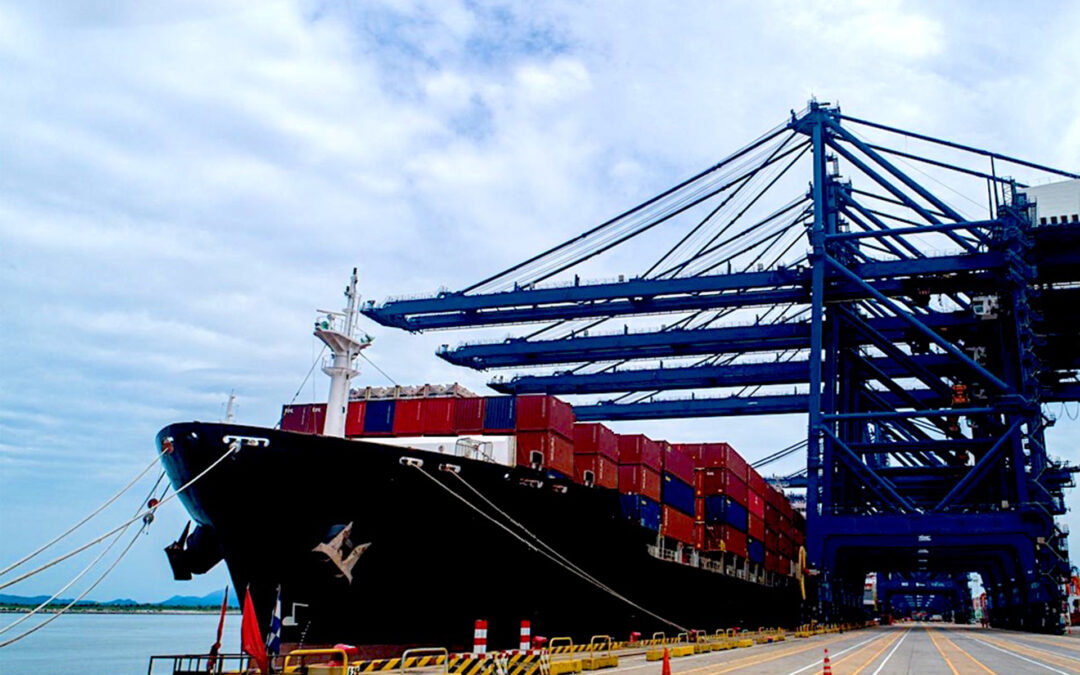The Lacey Act might not be well known among U.S. marketers and sellers of imported wood and plant-based home and housewares products, but its impact on the industry is significant.
Ashley Amidon of the International Wood Products Association and Craig Brightup, government affairs representative for International Housewares Association, provided insight into the Lacey Act as it affects the housewares industry during the recent Inspired Home Show in a presentation as part of the show’s Inspiration Theater education program.
Brightup said that after looking into the Lacey Act, many housewares companies might realize they are covered and that “and this is a very serious topic.”
Although the Lacey Act goes back to the turn of the last century, Amidon said only in 2008 did wood and plant products come under its mandate. Since then, the act has made it unlawful to import, export, transport, sell, receive, acquire, or purchase in interstate foreign commerce plants, fish, or wildlife taken, possessed, transported, or sold in violation of any federal or state law or regulation of violation of any foreign law. The act goes through the entire supply chain, so the importer of record isn’t the only one that can be held liable, something Gibson Guitars found out when a small supplier imported wood products in violation of the law, said Amidon (pictured above). The U.S. Justice Department took enforcement action against the company, resulting in $350,000 in penalties and community service. Criminal and civil penalties are possible under the Lacey Act.
Under the forthcoming phase seven of the law, many housewares products fall under the Lacey Act requirements, including kitchenware and serveware made of wood or bamboo and textile products made with plant-based material. Entry into the register is expected over the next two months.
The Lacey Act, as applied to housewares, provides two primary responsibilities: to conduct legal trade in plant and plant products along the entire supply chain; and to make a Lacey Act Declaration, a requirement that has been phased in gradually and must be completed by the importer of record even if the whole supply chain must be compliant with the law. The Lacey Act requires due care to be applied to finding out how plant products are grown, harvested and moved through the supply chain, even if it is an imprecise standard that doesn’t provide complete protection.
The Lacey Act has exemptions and nuances itself. Olive oil is exempt, but not olive wood. While wooden pallets used for shipping dunnage are exempt, those imported for use in dunnage are not.
However, the Lacey Act is rigid where it applies.
“Lacey is a strict liability law,” Amidon said. “You do not have to know about the crime being committed to be found guilty. This law does not play around.”
To begin addressing their Lacey Act requirements, housewares manufacturers and sellers should understand what’s happening across their supply chains with products and with partners. More specifically, Amidon said, companies should communicate their desire to trade only in legally harvested wood, identify the species involved in their products and ask questions about where raw materials are harvested, as well as about supplier due care systems. They should also consider tracking and traceability issues and procedures, require critical supply chain suppliers to provide greater documentation and consider scientific tools available.
Then they should consider which third parties can help, Amidon said.
The International Wood Products Association helps with information and education, in significant part through a current grant until that expires, but auditors, certifiers, lawyers familiar with the issues involved, trade associations and universities can help, as well as some non-governmental organizations (NGOs), she said. Information on Lacey Act compliance is available at. https://www.iwpawood.org/page/LaceyActComplianceTraining.
Listen to the audio from the presentation:





